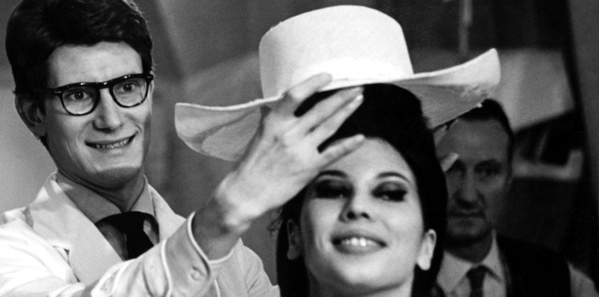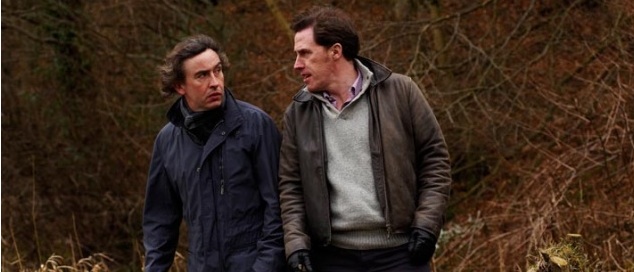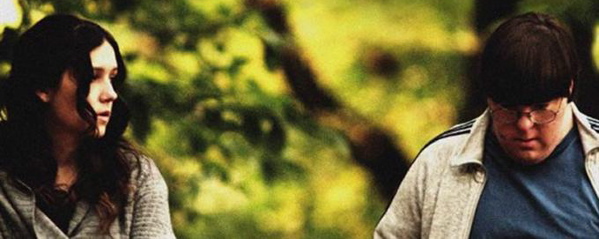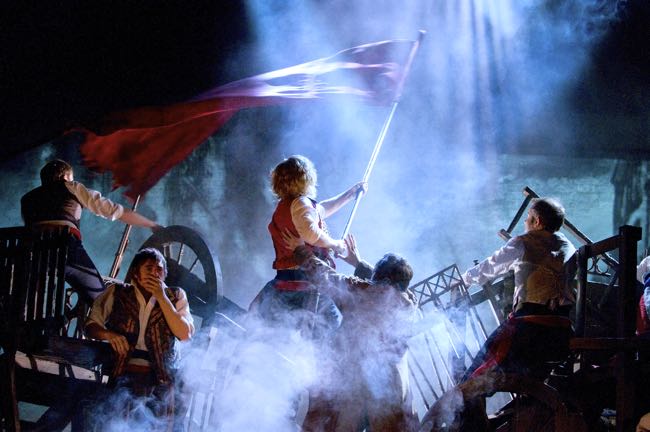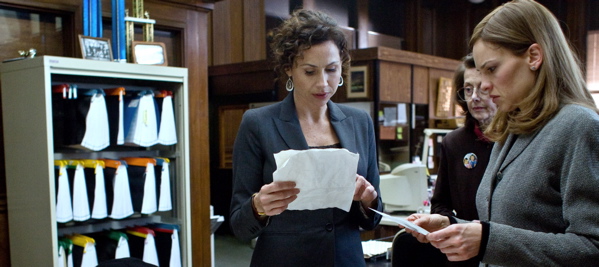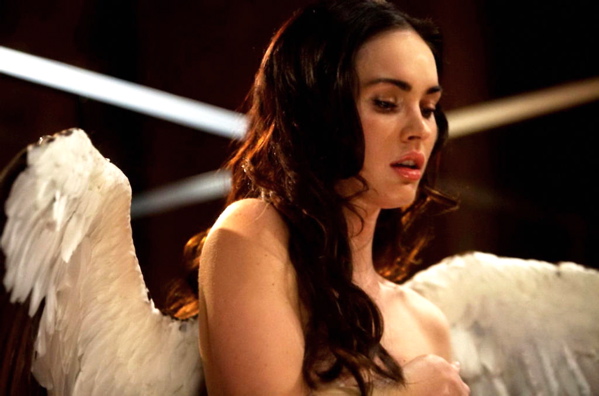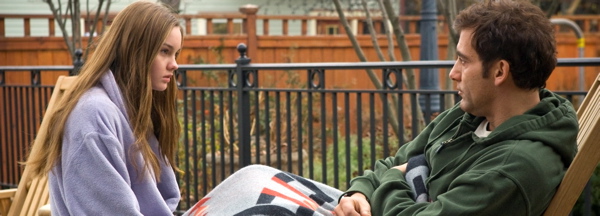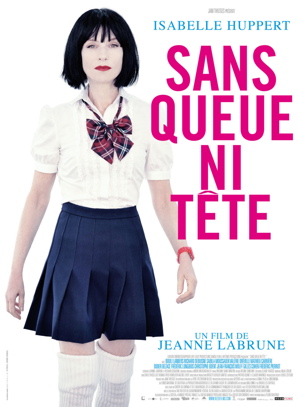By Ray Bennett
TORONTO – When the late couturier Yves Saint Laurent’s longtime companion and business partner Pierre Bergé decided to sell their vast and unique collection of artwork, it was called the auction of the century. Pierre Thorreton’s painstaking documentary, “L’amour fou” uses the event to explore the fabled life of both men.
Observant and insightful, the film will appeal to those who are interested in haute couture and the glamorous world of fashion over the last 50 years. It also will attract anyone who ever paused to watch one of those TV shows about lifestyles of the rich and famous.
Saint Laurent was beyond famous and both he and Bergé were sumptuously wealthy, as Thorreton shows with his languorous tours of their extraordinary homes filled with treasures of all kinds.
The filmmaker creates an extraordinary portrait of the great designer using rare footage, radio excerpts, photographs and interviews with a wide range of people who were a part of his life in one way or another. Come Aguiar’s soulful piano score is a terrific asset.
The very image of a suave and debonair Frenchman, Bergé tells of his life with Saint Laurent, who was clearly a most complicated man whose fame brought him suffering and misery. He suffered from intense depression and his partner says he was happy just twice a year – after each collection was presented and he took his bow.
Saint Laurent succeeded the legendary Christian Dior and his first collection in 1962 was a huge success. He and Bergé had fallen in love but it fell to the businessman to take care of everything for the artist. He says he was criticized for controlling everything too closely, but Saint Laurent was someone who wanted nothing less than to be controlled – he made no secret of it.
The film traces the couturier’s ascendance to the pinnacle of the fashion world along with cultural stumbling blocks such as the world of drugs and the assault of AIDs on many friends. His introduction of the Opium line created a major scandal but his shows were ambitious and spectacular.
All the acclaim and riches could not make up for an innate melancholy, however, and Bergé says that even after a major success, the glow would fade in the evening and he would seek refuge in sorrow and solitude.
Finally, the fashion industry changed so much that Saint Laurent declared that it had been handed over to tradesmen, and it no longer had meaning for him. He died in 2008, and Bergé says he would never have agreed to the auction. Even in room after room filed with artwork, if something were removed, Saint Laurent would spot it and see a black hole.
Thorreton says that he met his subject twice and the second time, as they passed on the street, Saint Laurent stopped him, undid one button on his shirt, nodded and walked away. The filmmaker captures that strange mix of intimacy, flare and coldness in an absorbing study.
Venue: Toronto International Film Festival; Sales: Films Distribution; Production companies: Les Films du Lendemain, Les Films de Pierre, 3 Cinema; Director, screenwriter: Pierre Thoretton; Screenwriter: Eve Guillou; Producers: Kristina Larsen, Hughes Charbonneau ; Director of photography: Leo Hinstin; Music: Come Aguiar; Costume designer: Dominique Auvray; Editor: Dominique Auvray; No rating, running time 104 minutes.
This review appeared in The Hollywood Reporter.

